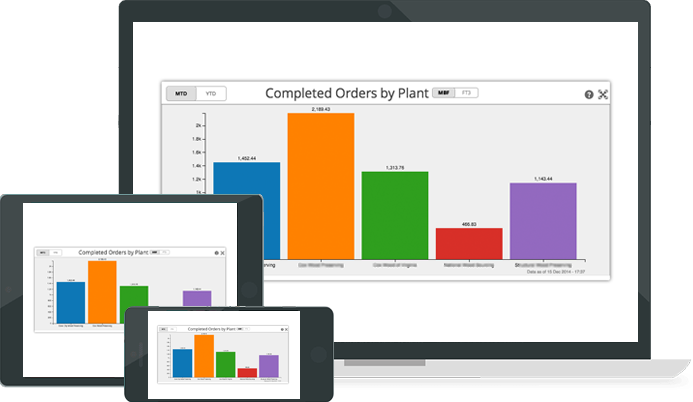

“The energy transition has accelerated during COVID-19, and the combination of changing consumer habits and a heightened sense of urgency around climate change will result in greater political commitment and financial backing for decarbonization of the industry,” said Sandeep Sayal, vice president, oil markets and downstream refining, IHS Markit. Biofuels added to refined products is projected to grow over 2 MMbd by 2050, resulting in a near doubling of this lower-carbon fuel source.
Markit client base plus#
This is different than total liquids demand, which comprises demand for refined products plus NGLs.)Įxcluding biofuels, the demand peak for refined products derived from crude oil processing occurs earlier, in 2032, hastened by an intensification of fuel economy and substitution investments linked to enhanced government and corporate greenhouse gas targets. (Total refined products include all production from refineries such as gasoline, jet fuel, diesel, fuel oils, and includes biofuels-but excludes natural gas liquids (NGLs). Demand is then expected to decline by more than 5 MMbd to 2050 (to a total of 85.5 MMbd), placing it below 2019 baseline levels. The scenario expects that, from 2021 to its 2036 peak, total refined product demand will grow by nearly 9 MMbd. Under the new IHS Markit Inflections base case scenario, global refined product demand is expected to peak in 2036. The findings are part of a new analysis by the Refining and Marketing service at IHS Markit, (NYSE: INFO), a world leader in critical information, analytics and solutions. However, other more drastic scenarios for falling demand remain unlikely under present conditions.

HOUSTON-( BUSINESS WIRE)-For the first time, the IHS Markit base case scenario for refined products expects total global demand in 2050 to be lower than 2019 levels.


 0 kommentar(er)
0 kommentar(er)
